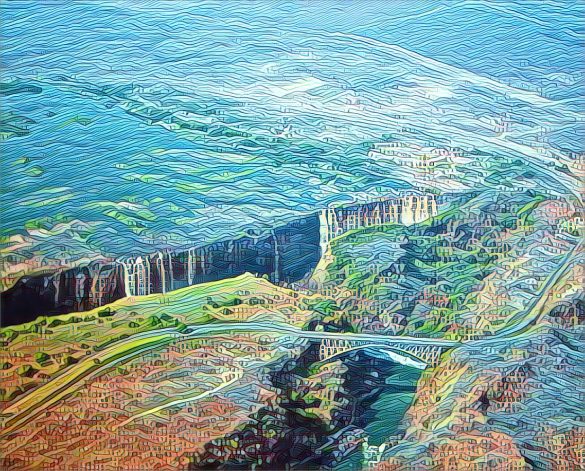Zimbabwe’s tourism industry has experienced a significant surge, with foreign election observers in the August polls playing a pivotal role in this growth. According to the Zimbabwe Tourism Authority (ZTA), these political activities contributed substantially to the third-quarter upswing in tourism.
Godfrey Koti, the spokesperson for ZTA, shared insights on this development in a conversation with international media. He highlighted that many observers entered the country, drawing attention to various attractions. Many of these officials stayed in local hotels and lodges, thus driving up the occupancy rates in these establishments.
“We saw an influx of dignitaries and professionals who were here on election-related duties, boosting the use of our accommodation facilities,” Koti stated. This surge of visitors, in turn, played a critical role in bolstering the overall number of tourists arriving in Zimbabwe.
According to a report by NewsDay Zimbabwe, the ZTA is optimistic about this newfound momentum. In fact, compared to the previous year, there’s been a 62% growth in tourist arrivals in the first half of this year alone. Such figures translate to approximately 529,000 visitors and an impressive US$343 million in revenue for the sector. “This growth is an encouraging sign for us,” added Koti.
Additionally, investments in the tourism sector have witnessed a remarkable rise. During the first half of the year, there was a 197% growth in investment compared to the same time frame in the previous year. The initial quarter even saw the sector drawing investments worth US$105 million, marking a 167% increase from 2022.
However, it’s not all sunshine for the Zimbabwean tourism industry. The sector grapples with multiple challenges, from pricing disparities and power outages to escalating fuel costs. The disconnect between the charges levied on tourism entities and the prices set by suppliers remains a significant concern. Treasury restrictions on pricing adjustments in line with the parallel market exchange rate, despite suppliers adhering to it, further compound these challenges.
Besides the internal economic factors, the global environment also impacts the outlook of tourism. “The current international climate is dampening the spirits of potential travelers,” Koti explained. “Being at the end of the value chain, the sector feels the repercussions severely.”
The coming months will be crucial in determining whether Zimbabwe’s tourism industry can maintain its upward trajectory amidst these challenges. The ZTA remains cautiously optimistic while closely monitoring global trends and internal industry dynamics.


